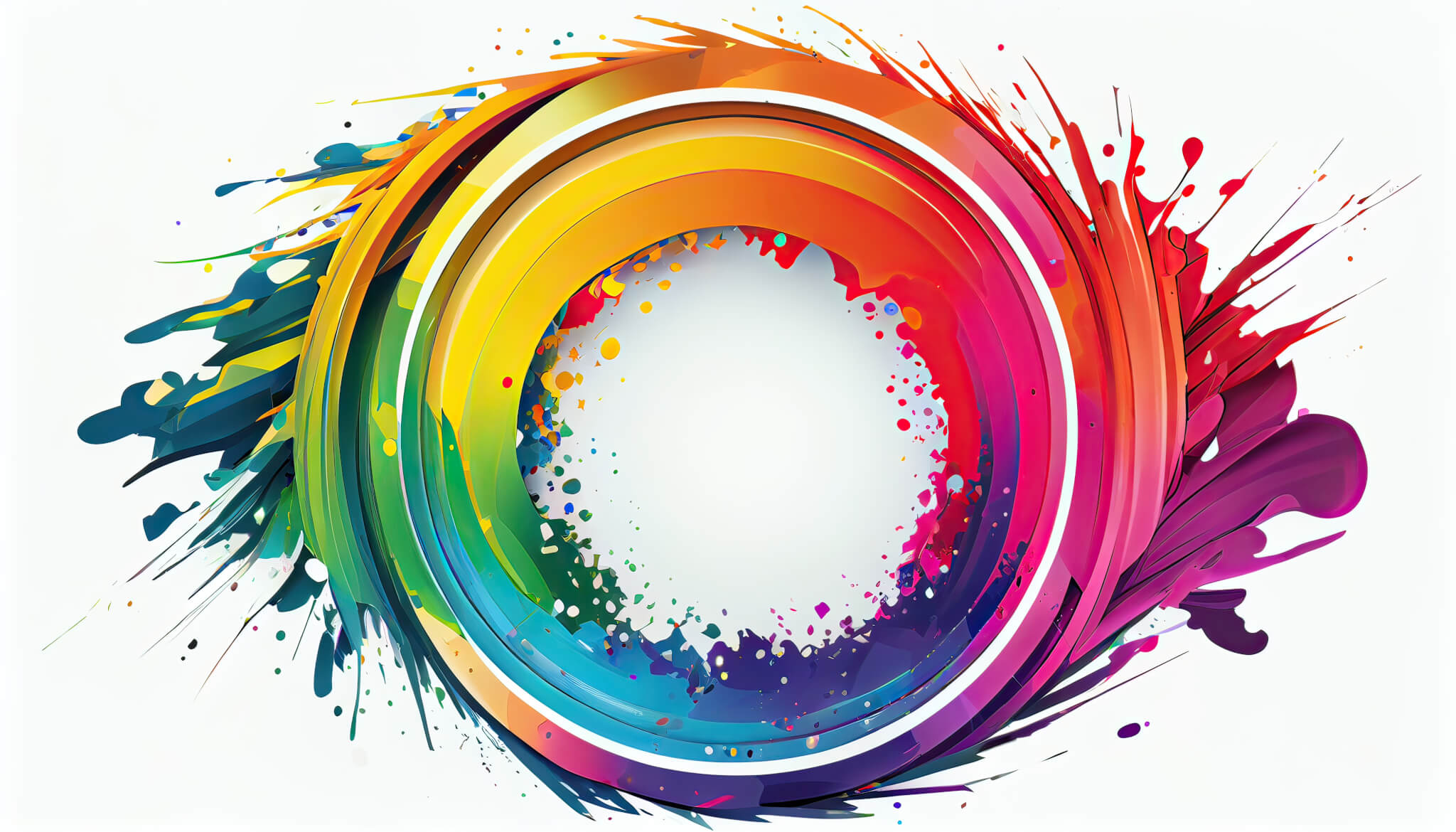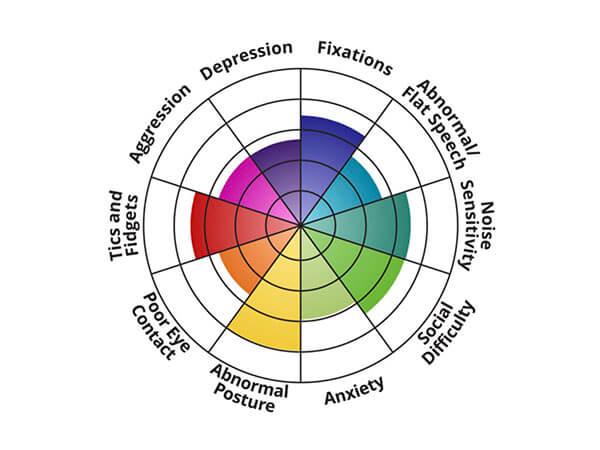
World Autism Month: Encouraging Understanding and Acceptance
Filed Under: Market Research, Multicultural, Shopper, Alcohol, Consumer Durables, CPG, Financial Services, Food & Beverage, Health Insurance, Restaurants & Food Service, Retail, Tech, Media & Telecom
April is World Autism Month. The annual recognition began in 2007 with the United Nations sanctioning the day on April 2. During this month, autism advocates work to increase understanding and acceptance of the autism community by sharing stories and helping to celebrate and empower autistic people worldwide.
To commemorate the month, with the guidance and deep experience from our employees, C+R took a deeper dive into the autism spectrum disorder, the strengths and challenges the people in the community can face, and how marketers can better connect with them as consumers. Amplifying the voice of Autistic audiences and their loved ones, authentically, needs to be done with the inclusion of people with deep, firsthand experience. At C+R, this effort is informed by the passion of our employees who graciously share their thoughts and perspective on the topic of Autism in this blog.
About Autism spectrum disorder.
According to the Centers for Disease Control, an estimated 5,437,988 (2.21%) adults in the United States have Autism Spectrum Disorder (ASD), a complex brain disorder that can cause challenges in many areas of one’s life, including social, communication, and behavioral.
“The interesting thing is that people being diagnosed with autism is increasing at a higher rate than in the past. So people believe that the number of autistic people is increasing, while the truth is simply that it was drastically under-diagnosed before.”
A C+R Employee
The autism spectrum is often misunderstood and viewed as being linear. In fact, there isn’t one type of autism, but rather, many subtypes that can be influenced by a combination of genetic and environmental factors. The autism wheel is a visual representation of the different spectrums of autism.

Strengths and Struggles
Because there is such a wide range of autism presentations, autistic people have individual sets of strengths and face different challenges. For example, some may have advanced conversation skills whereas others are nonverbal. Some may need greater assistance in their daily lives, while others can work and live with little to no support.
Although there has been a marked uptick in the past few years in the importance of diversity and inclusion, the stigma toward autistic and other neurodivergent people remains. However, there are some progressive companies who have recognized the competitive edge that hiring autistic people can give them.
“If you’re not hiring autistic people – you’re missing out! They generally have very logical thinking patterns, high attention to detail, excellent pattern spotting – all of which makes them ideal for careers as lawyers, accountants, or even quantitative analysts. They’re also known to have a strong sense of loyalty and justice – which makes them excellent advocates for their passion projects.”
A C+R Employee
Autistic people also face unique challenges, especially when trying to live in a neurotypical society. One of the ways some try to cope is through “masking.”
“’Masking’ is the act of attempting to present yourself to the world as neurotypical. That means making eye contact even though it’s uncomfortable, staying in loud environments that are exhausting, trying so hard to make small talk while smiling and ignoring how horrible the fluorescent lights make you feel.”
A C+R Employee
What Brands Should Know
Due to the different ways that autistic people think and process information, traditional advertisements and marketing messages tend to fail as they rely more on logic than on subtext. As a 2017 article from Psychology Today points out, “With their greater focus on detail, [autistic people] are better able to tune out irrelevant context such as advertisements.” Therefore, an authentic, straightforward approach is often the best way to connect.
Additionally, as with other consumer segments, representation is crucial. Autistic people want to see themselves reflected in positive ways in the media and in brand and marketing communications.
“I believe that neurodiversity (autism, ADHD, dyslexia, epilepsy, Tourette Syndrome) is the next large group that is standing up and wants to be recognized. No matter who you are, people want to see themselves represented, whether it’s female-elected representatives, BIPOC models for haircare products, Skims models who use wheelchairs, non-binary love stories in broadcast television, or autistic characters accurately depicted in movies.”
A C+R Employee
And just like anything, progress takes time; but we are encouraged to see that some brands are stepping up to support autistic people. Specifically, movie theaters, zoos, and theme parks across the country occasionally have a dedicated sensory friend day. But of course, there’s more to be done so that inclusivity efforts truly include the autistic community.
explore featured
Case studies
